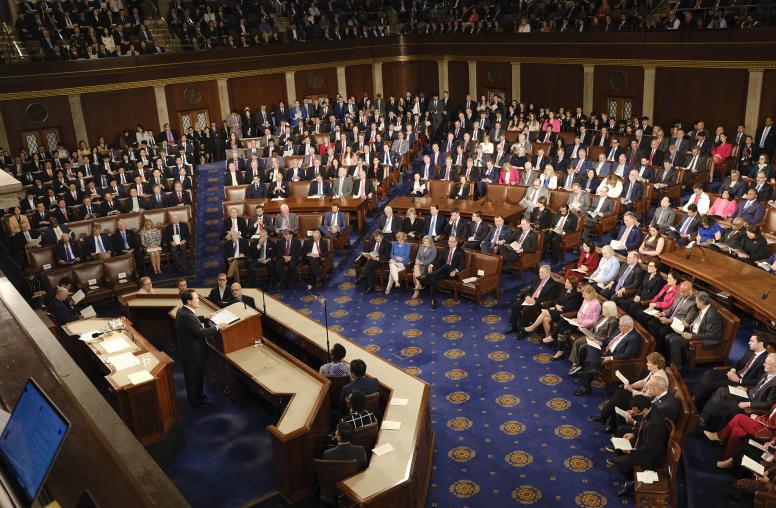Previewing the U.S.-ASEAN Summit
What to Expect from the Special Meeting of ASEAN and U.S. Leaders
From May 12-13, President Biden will host leaders from the Association of Southeast Asian Nations (ASEAN) at the White House for a U.S.-ASEAN Special Summit. The summit follows the release by the White House of its Indo-Pacific Strategy, which highlighted U.S. support for a strong and independent ASEAN that is central to regional affairs. As the region responds to global shocks — such as climate change and COVID-19 — and grapples with geopolitical tensions, the United States is looking to deepen cooperation with ASEAN and work together to empower and strengthen ASEAN resilience.
On May 11, USIP held a conversation with U.S. National Security Council Coordinator for the Indo-Pacific Kurt Campbell on the goals of the special summit and opportunities for closer cooperation with ASEAN. Take part in the discussion on Twitter with #ASEANUSIP.
Speakers
Lise Grande
President and CEO, U.S. Institute of Peace
Dr. Kurt Campbell
Coordinator for Indo-Pacific Affairs, U.S. National Security Council
Evan Medeiros, moderator
Special Advisor, U.S. Institute of Peace



